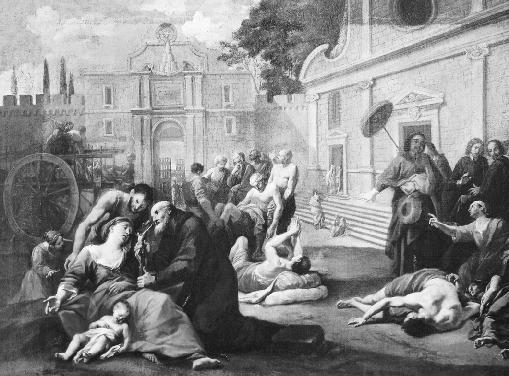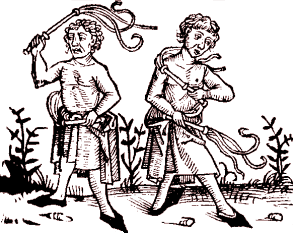

–Albert Camus




 Creations by humans mimicking these natural forms are typically considered beautiful, and would therefore be considered art by most people.
Creations by humans mimicking these natural forms are typically considered beautiful, and would therefore be considered art by most people.



 |
| Pima Basket. |

One day after school when I was in 9th grade, I was rummaging through my mother’s old clothes from the 1970s in search of jeans. I finally pulled out a pair of bell bottoms, shook out any errant spiders, and tried them on. They fit! When I got them off again, I checked the size – they were a size 10. Now, at the time, I was a scrawny little nothing, weighing less than 110 lbs (which I recall because I was not allowed to donate blood that year). All my store-bought jeans were a size 3. But those size 3 jeans were based on late 1990s sizing, not historic sizes.
I've known some heavy women who make themselves feel better by saying, “Well, Marilyn Monroe was a size 16, so that just means our society’s standard of beauty has changed.” This is only partly true. A society's view of beauty always changes, but let's not sully Ms. Monroe's good name! And men have always preferred curves. Yes, Marilyn Monroe would be considered far too plump to be a super model, but I don’t know any men who think that Kate Moss is actually hot. So has society really changed that much since the 1950s?

Also, Marilyn Monroe was NOT a size 16 by modern women’s size standards. These women are fooling themselves, or reading stupid email forwards.
Exponentially hotter than previous pic.
The sizes worn by modern ladies are completely different than what our mothers wore. The only women’s clothing that has stayed constant in sizing are custom clothing (clothing made from patterns) and high-end bridal clothing (which I recently discovered).
I’m not trying to say that big women are not beautiful, or that skinny women are prettier (again, Anorexia = Not Hot).

I’m just pointing out that Marilyn Monroe was voluptuous, but she was nowhere near a contemporary size 16, and she’d probably cringe to hear women of today trying to compare her to a Lane Bryant model.




One of my underlings* asked me to look at a dress she had picked out for a wedding.
“Laura, isn’t it so cute?”
“This is for a wedding?”
“Yes, my cousin’s wedding.”
“And why are you buying a black dress? Did you recently fall out of the white-trash tree?”
Recently, there was a story submitted to my new favorite site, EtiquetteHell.com, involving what one should/shouldn’t wear to a wedding.
There was a lot of bickering, but essentially some people felt that black was acceptable (even appropriate) to wear to a wedding, and others disagreed. I was one of those who vehemently disagreed, and even cited a Miss Manners article where she states flat out that black is suited for funerals, not for weddings. In fact, the only exception I can see is when the bridesmaids are wearing black – but then should the guests dress like the
bridesmaids?

But I don’t have the money for a new dress!
One of the lamer complaints was that a lady on a tight budget doesn’t have the money to shell out for a new dress for every event, so sticks with a black one. I guess there aren’t Salvation Army stores/Thrift Stores/the f-ing internet where they live. I just bought a new-with-tags floor-length formal that was originally purchased at Dillard’s (Lord & Taylor-type store for you Northerners) for over $120. Guess what I paid on eBay? $13.00.
Yeah, that was really tough on my pocketbook. Heck, my mother made one of my prom dresses, and the cost including the expensive fabric was around $60. Those people who whine that they can’t afford something non-black are lazy.

But I don’t have time to make a dress, or buy another one!
Yet you found time to buy the black one with the matching strappy heels. Hmm… Just go on eBay and fill in the search for your size/skirt length/price/etc. It searches for you. No brainwork is necessary. Amazon.com has free shipping for most of their stuff. Overstock.com offers 2.95 shipping for all orders.

But I look good in black, and hate wearing pastels!
So wear dark green, or burgundy. Duh. Not black.

But it’s an evening cocktail party reception! I can’t wear a sundress there.
Of course not. Do what most people do: Wear your festive colors to the wedding at the church/vineyard/beach, then change before the reception. Again, I shouldn’t have to do your thinking for you.

Moral of the story: Miss Manners knows more than you. Don't argue with the woman. Her last name is "manners" for God's sake. And don't wear black to my wedding.

*I have two underlings. This was Underling A.












